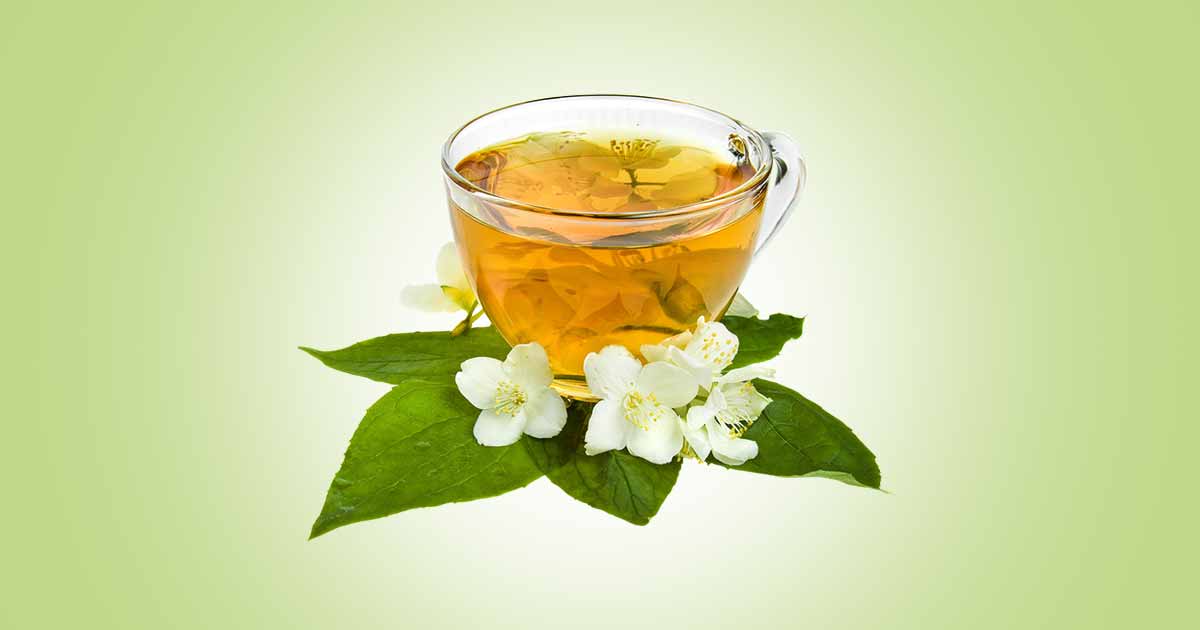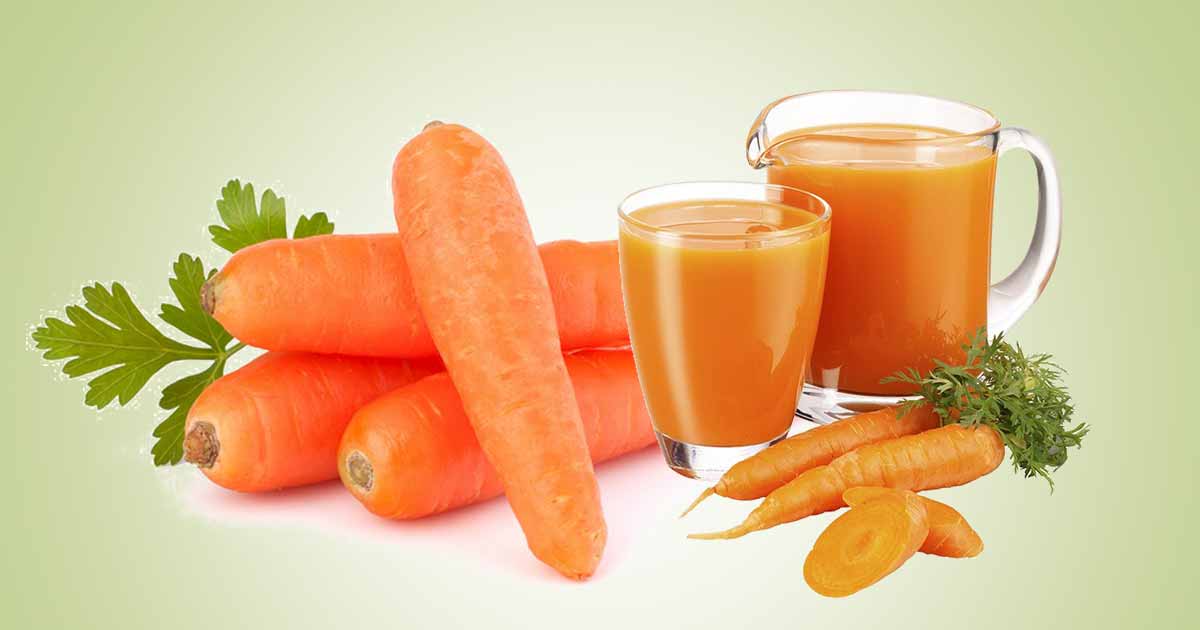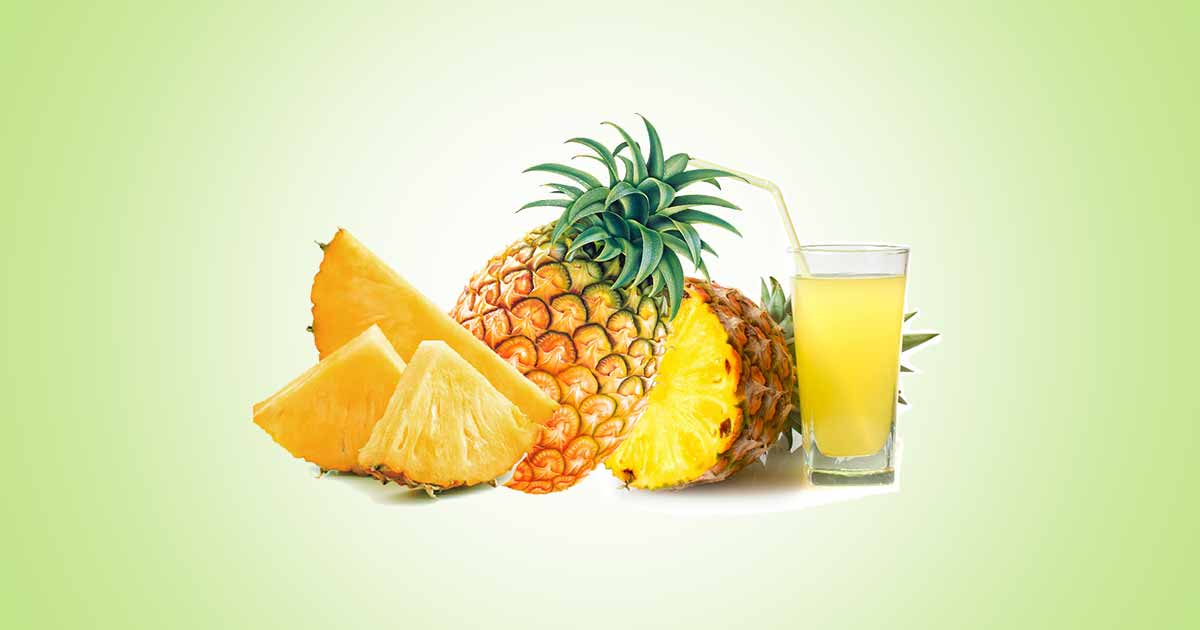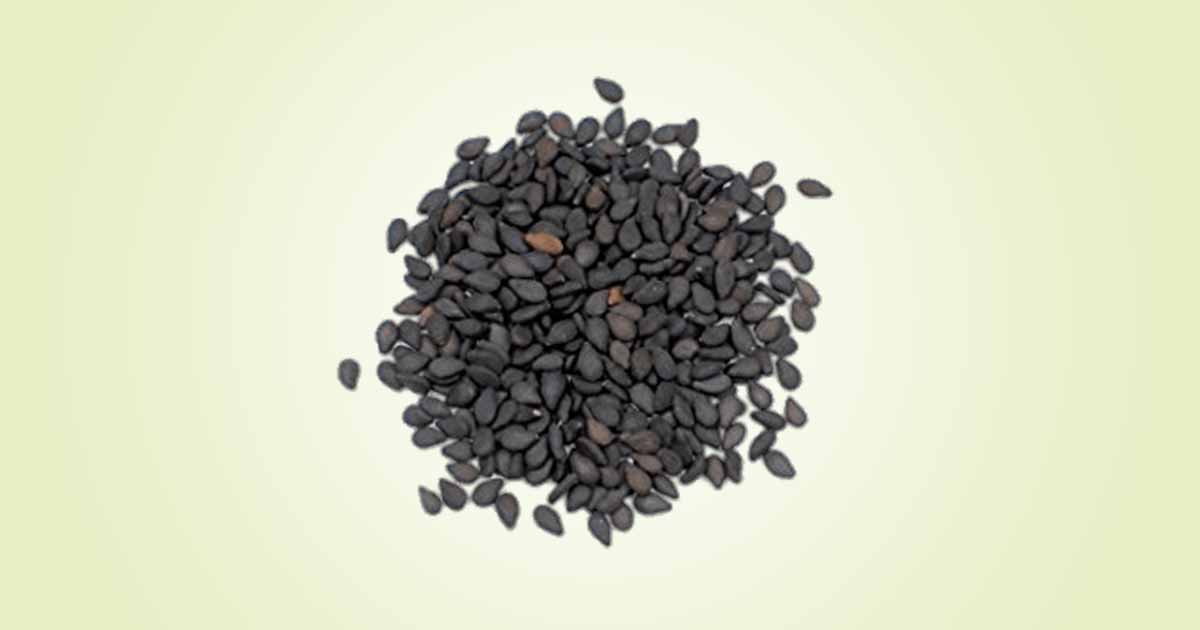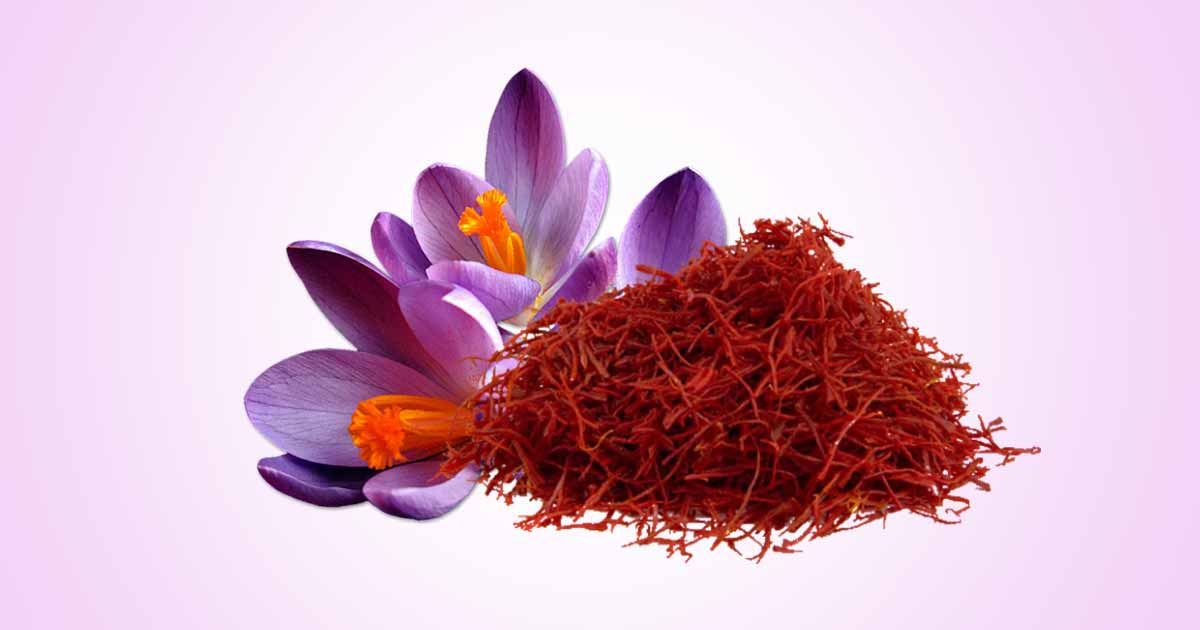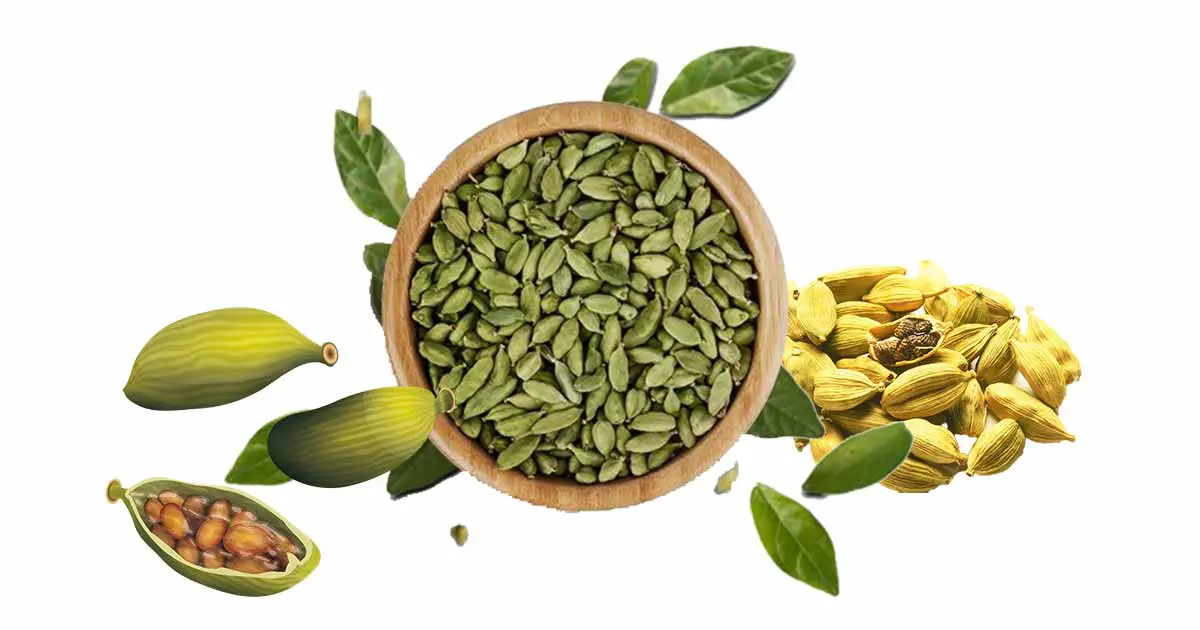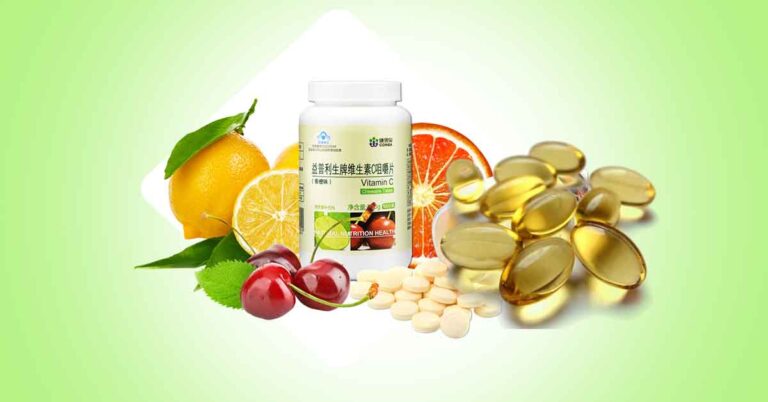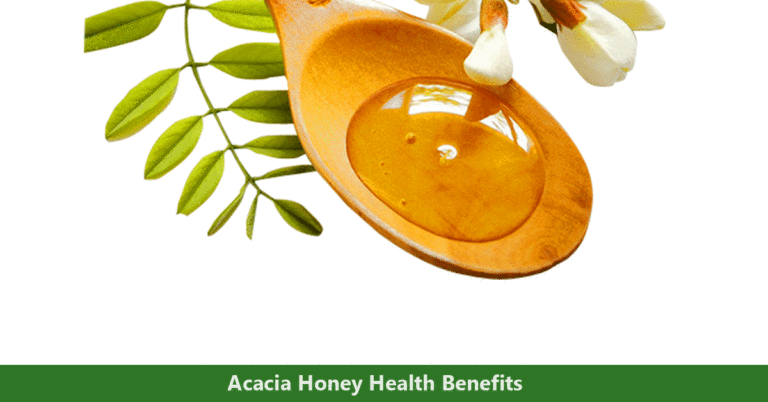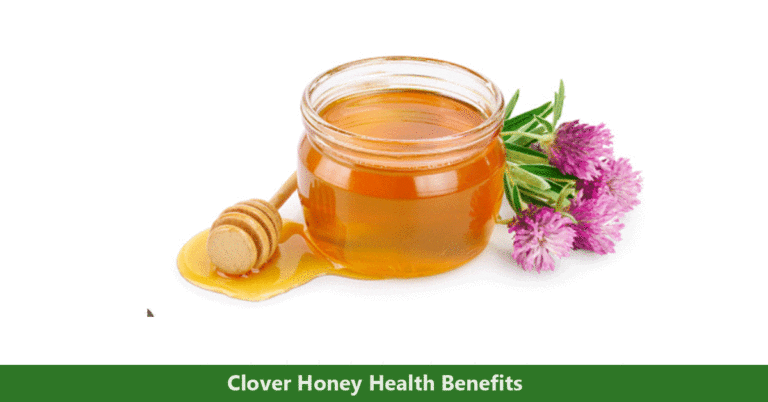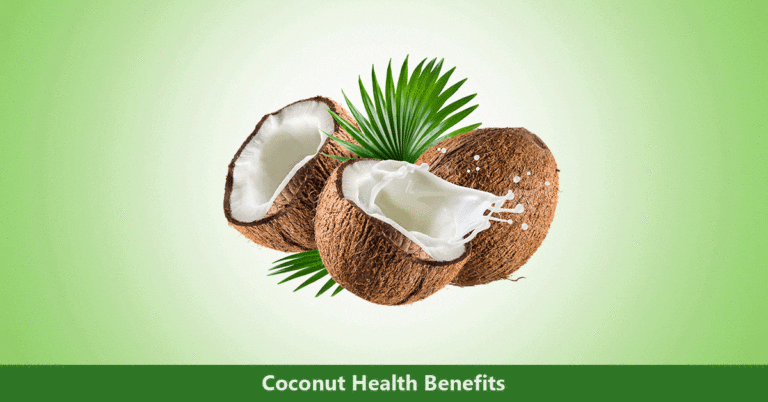Jasmine tea is renowned for its pleasant flora aroma and taste. The tea is a scented green tea, made from firing or blending jasmine blossom, into green tea. Green tea is the base tea, but black tea or white tea can be a substitute in some instances. All tea are made from the leaves of Camellia sinensis.
Jasmine plant (Jasminum Grandiflorum, Jasminum Officinale), from an Arabic word means ‘Gift from God’, is well known in Asia, and Europe for its flavor and scent. The blossom can be stored for seven days, and the best temperature is between 2°and 7° C. The two varieties of jasmine used: the Common Jasmine (Jasminum officiale), and Sampaguita (Jasminum sambac).
The blossom grows mostly between June and September. Chinese provinces such as Fujian, Guangxi and Guangdong are the largest growers of jasmine. Fujian region is considered the capital city for jasmine production. The tea is highly consumed in northern and southeastern areas of China.
To make jasmine tea, alternating layers of tea leaves and flowers are spread out and placed one atop of the other. This is done when the jasmine flowers begin to blossom and release their fragrance. This infusion process is left for hours, a day, or many weeks. The fragrance released by the jasmine blossom is absorbed by the tea leaves.
The jasmine turn yellow after releasing their scent, while the tree leaves are air dried.
The last process involves firing jasmine blossoms alongside the tea leaves, to remove moisture from the leaves and blossom, and ensure the scent is infused into the tea leaves. The tea is sifted and packaged. Jasmine blossom is difficult to get, so some people use artificial flavoring or jasmine oil.
Brewing jasmine tea with a very hot water can impact a powdery, bitter and more astringent taste to it.
Composition
Jasmine Essential Oil
Jasmine blossom release aromatic volatile compounds of terpenoids, esters, aldehydes, alcohols, aromatics classes. They include α-farnesene, (Z)-3-hexenyl benzoate, methyl salicylate, methanol benzene, benzyl acetate, benzyl butyrate, 2-methyl anthranilate, indole, and linalool.
Tea contains polyphenols, caffeine, flavonoids, catechins (epigallocatechin gallate (EGCG) being most abundant followed by epigallocatechin, epicatechin, and epicatechin gallate), theaflavin, thearubigin, oxychromic acid, and flavonols.
Health Benefits of Jasmine Tea
Jasmine has important use in aromatherapy, among other health uses.
Antioxidants: The tea contains antioxidant compounds. These constituents scavenge reactive oxygen species, and prevent diseases resulting from oxidative stress. Coupled with the anti-inflammatory activity, jasmine tea prevents cardiovascular diseases, cancers, and neurodegenerative diseases such as Parkinson’s disease, Alzheimer’s disease.
Lipid lowering: Jasmine tea has polyphenols and catechin compounds, especially EGCG, that inhibit low-density lipoproteins (LDL) oxidation. It combines this hypocholesterolemic effect, with antioxidant property. It also decreased serum triacylglycerols (TG) and cholesterol, and improved HDL cholesterol.
This effect prevent the progression of atherosclerosis, and coronary heart disease.
May prevent depression: In a study by Yangbo Zhang et al., jasmine tea improved depressive-like behaviors, and gut microbiota diversity. It causes an increase in neurotransmitters such as BDNF, GLP-1, and 5-HT, hormones associated with depression.
Weight loss: Tea has low calories, and constituents such as epigallocatechin and gallic acid, which may speed up metabolic rate. This may help in weight loss.
Relieves stress and insomnia: Tea contains the amino acid, L-theanine that improves relaxation and feeling of calmness. Volatile oils in jasmine like linalool also relaxing property. The smell of the teas also boost mood, and have sedative effect.
Protects the eye against UV damage: Jasmine tea extract could improve the survival of human retinal pigment epithelial cells after solar ultraviolet B (UVB) irradiation. In a study by Hu Shang et al., the tea extracts inhibited excessive generation of reactive oxygen species, and expression of apoptotic genes.
Excess amount of UV light can cause inflammation, DNA mutation, oxidative stress, and damage to mitochondria causing diseases such as cataract, corneal damage, and age-related macular degeneration (AMD).
Prevents cancer: Catechins, polyphenols and other compounds in jasmine tea may help to prevent some forms of cancers such as breast, lung cancer.
Other health benefits of jasmine tea may include immune system boosting, and as a digestive aid.
Side Effect
Jasmine tea is considered safe, and is well tolerated. However, it has low level of caffeine, which may cause side effects such as anxiety, restlessness, heart palpitation, irritability, headache, dizziness, nausea, vomiting, increased urination, when consumed in large quantity.
References
- https://uploads-ssl.webflow.com/5ceeeca8173d133b68b1700e/62f27223add473ae733fa39c_How%20Jasmine%20Tea%20Is%20Made%202022.08.09.pdf
- https://mdpi-res.com/d_attachment/molecules/molecules-27-00479/article_deploy/molecules-27-00479-v2.pdf?version=1642045040
- https://www.sciencedirect.com/science/article/abs/pii/S0955286397000211
- https://applbiolchem.springeropen.com/articles/10.1186/s13765-023-00779-1
- https://academic.oup.com/jn/article/129/6/1094/4721864

